Eating Sustainably on Campus
Eat Local Food
The Pioneer Valley has some of the best farming soil, and some of the best farmers! Our partnerships with local farms are a huge part of why UMass Dining's food is so good. Local means fresh, more nutrient-dense, and delicious! UMass Dining makes it easy to choose local - look for the yellow L on food labels!
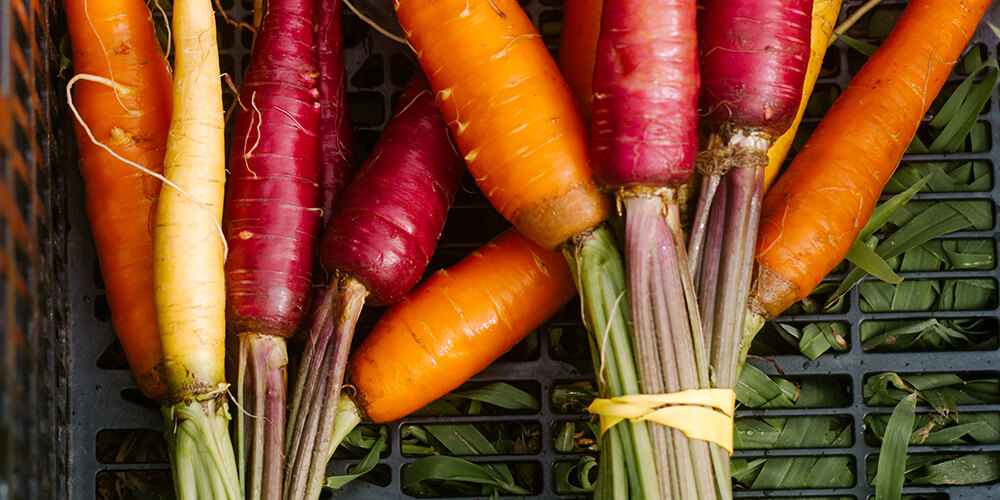
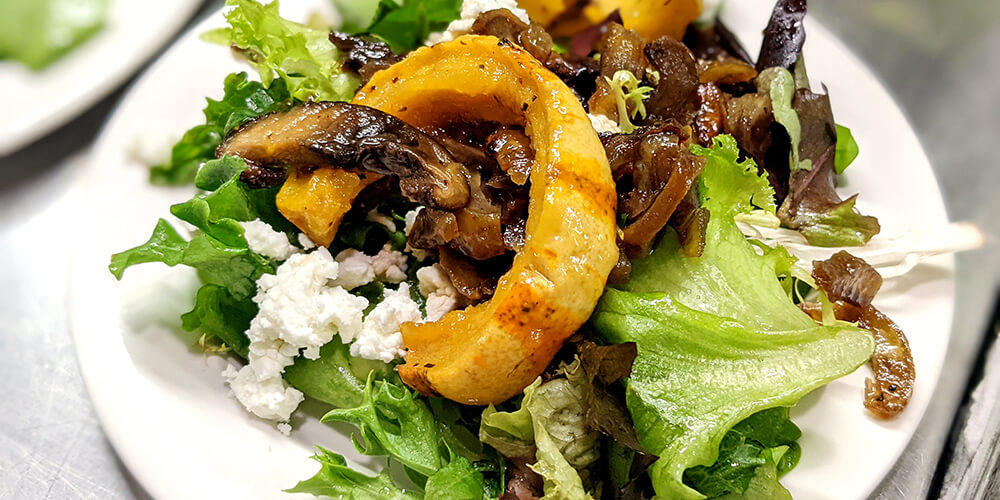
Plant-Forward Dining
Plant-forward does not mean being vegetarian or vegan, it means eating mostly plants. Choosing to eat more plant proteins such as beans and less red meat has countless health and environmental benefits. All campus dining locations have a variety of plant-forward menu items!
Eat Food that Gives Back
The Permaculture program here grows food to provide nutritious food to the dining commons, improve the quality of the land, and creates hands-on learning opportunities for students and anyone who walks through the edible landscapes on campus.
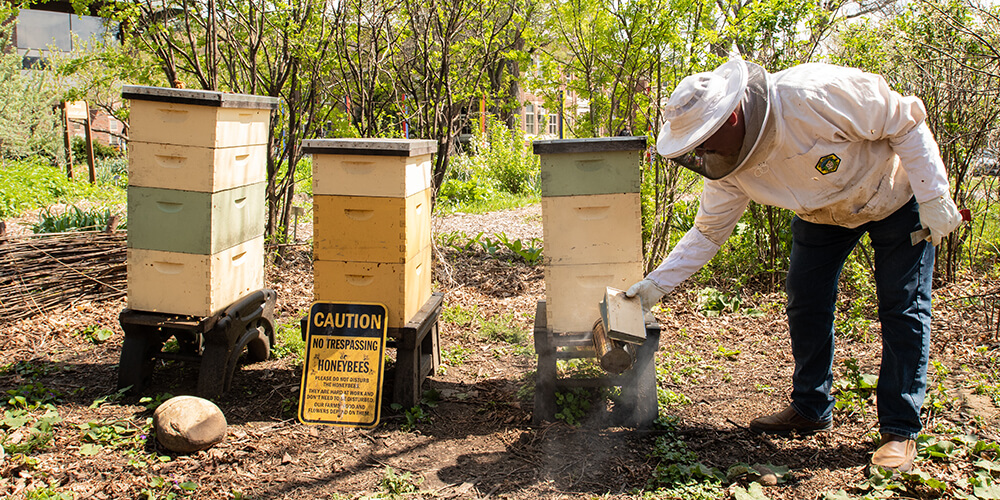

Carbon Ratings on the Menu
Every dish at all four dining commons now has a carbon rating. These ratings give you the information you need to understand the carbon footprint of your food choices. Dishes that have an A-Rating have a low carbon impact, dishes with an E-Rating have a high carbon impact. Ratings can be found on the menu identifiers at the dining commons, on the UMass Dining app, and online.
Organic Options
Many of our farm partners are certified organic. This means they take their role in preserving the soil and the environment very seriously. Using methods such as cover crops, little to no soil tillage, crop rotations with a focus on biodiversity, and only using organic pesticides as a last resort, ensures your organic choices on campus are helping to care for the earth as well as your body!
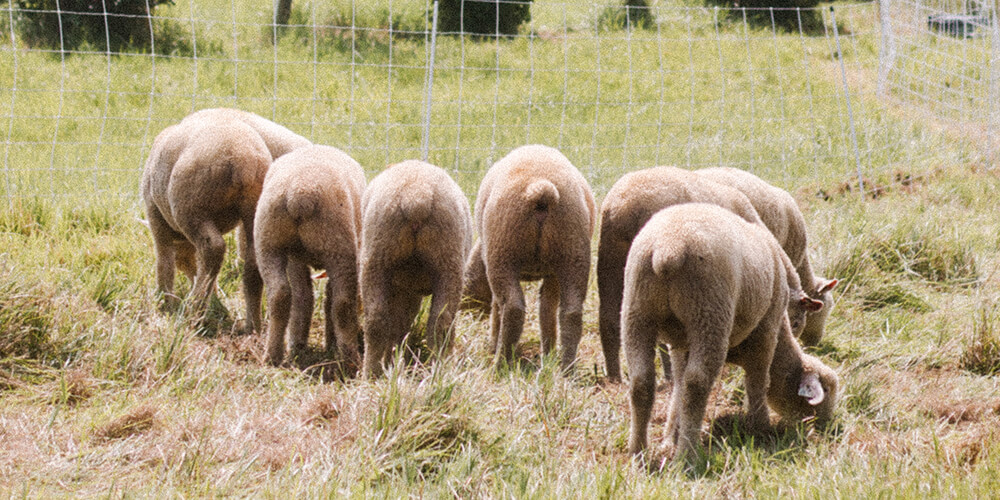

Fair Trade Options
Fair Trade Certified means you can be sure your food came from farms that treat their workers humanely, pay them a fair wage, and care about being environmental stewards. Much of the chocolate, all of the coffee, and all bananas on campus are Fair Trade Certified!
Follow Waste Disposal Signs
UMass Amherst has taken huge steps in reducing waste on campus. Across campus, almost all single use to-go items are recyclable. Additionally, all food waste is composted! All of this is made easier and more efficient when you throw your waste away in the correct receptacle.
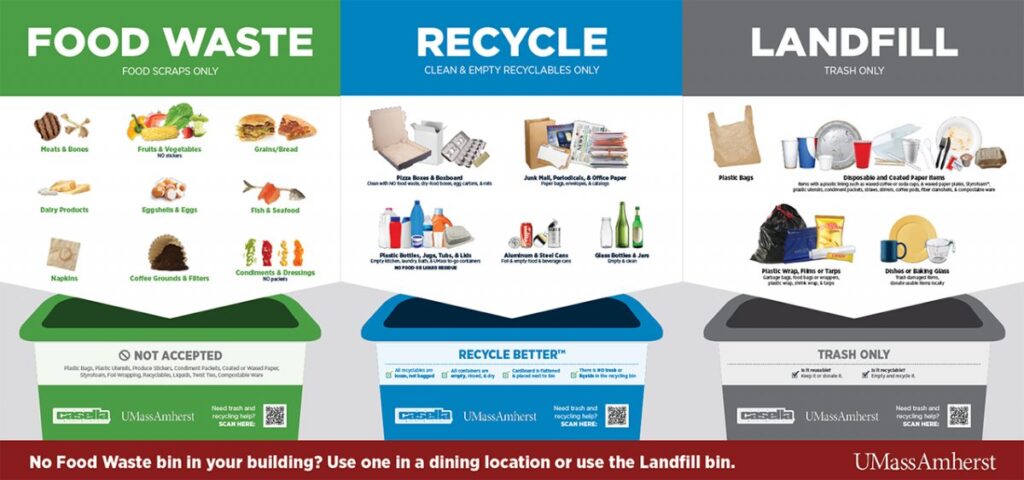
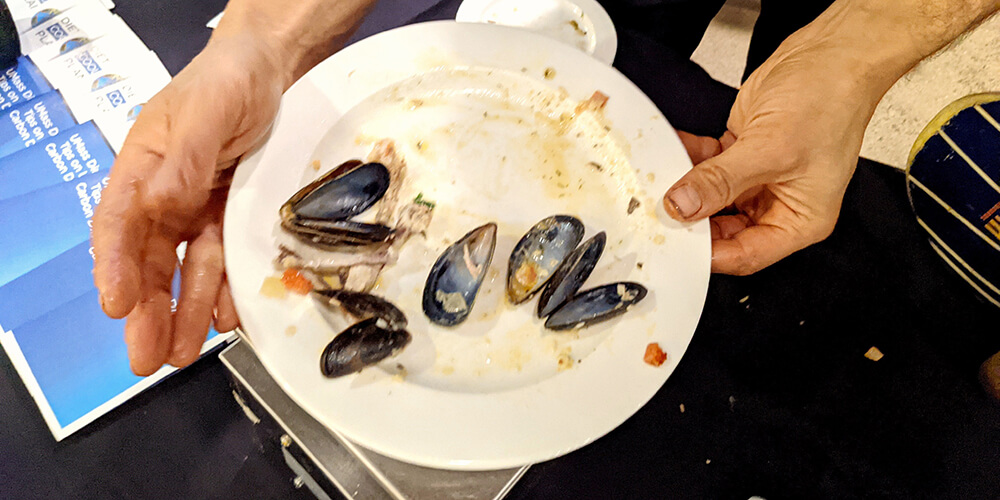
Minimize Waste
As great as composting is, it is important to reduce the initial food waste created. UMass Dining already makes efforts to do this by having tray-less dining commons, smaller portion sizes, and more meals made to order. You can do your part by sampling food before you get it, grabbing only what you know you will eat, and eating all the food on your plate!
